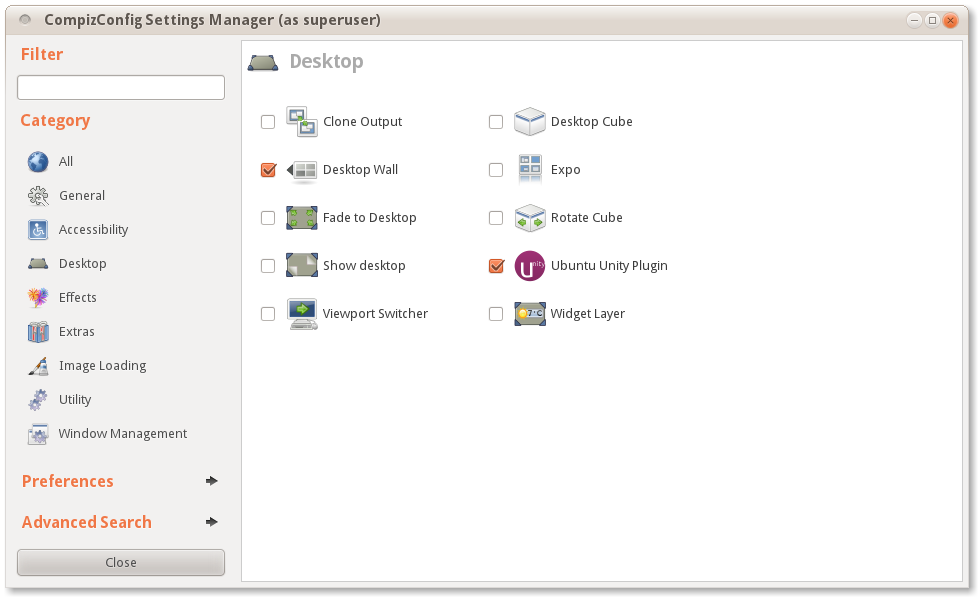At the openSUSE conference last week, Lydia Pintscher from the KDE Community Working Group led a BoF on “women in openSUSE”. This is what we (Stella, Bruno, Lydia, Pascal, Susanne, Greg) worked out:
There are very few women in openSUSE for a variety of reasons. In our perceiption, despite the good efforts of moderators on IRC, forums and mailing-lists, some attitudes there still persist, and we believe these are a key issue that keeps women away. To further address this as a small group, we decided to start at just one place, opensuse-project@. Here’s why and how:
There is quite some research on why there is so few “women in FLOSS” in general. One of the recurring topics there, and one that we also quickly came to in the BoF, was the ‘flaming’, or more generally, the negative possibilities of the direct, unfiltered yet anonymous communication on IRC, forums and mail.
We all value the speed and positive directness of those forms of communication — however it’s cutting off facial expression and physical reaction. So it’s very easy to miss the tone, without even noticing. To more sensitive souls, this is creating a barrier of entry that especially women do not want to cross, or if it hits you unprepared, will reject you, often with no return. Nota bene: this effect is not limited to women! It just happens to reject women more than men.
What’s going on there? On one side there is newcomers wanting to learn, and with a great potential to contribute, however with a “thin skin”, an expectation of being treated with respect and politeness, whatever that means. On the other side, there are knowledgeable people, often young, sometimes unpatient, maybe tired, frustrated themselves. Now the former ask naive questions while the latter “shoot out” a quick response without any visual feedback on what happens right after they hit the “send” button. Kazoom! And the frustration results into discussions that quickly are far beyond the original topic, frustrating, unproductive and the opposite of what we want: respect and getting things done.
openSUSE, like many other open source projects, has set the direction for mutual respect by working out Guiding Principles, and making members accept these. The openSUSE project Board is forming a body of volunteers who “enforce” these rules, something like the Community Working Group in the KDE project. The objective is to focus the speed and directness of the communication on productivity: turn the flaming energy of frustrations into creative energy that makes openSUSE a place to enjoy and to contribute to!
We, the BoF participants, want to simply support that effort, by working on just one list (opensuse-project@), and by providing additional material that complements the very high level goals set forth in the guiding principles.
Stay tuned 🙂

 My ID Card was supposed to expire in the end of the year, and I’ve decided to replace it now by new ‘Cartão do Cidadão’ (Citizen’s Card). The Citizens Card is the primary document for any Portuguese citizen and replaces or holds the data from several cards:
My ID Card was supposed to expire in the end of the year, and I’ve decided to replace it now by new ‘Cartão do Cidadão’ (Citizen’s Card). The Citizens Card is the primary document for any Portuguese citizen and replaces or holds the data from several cards: